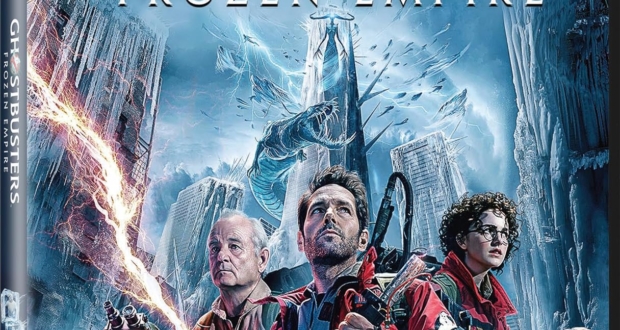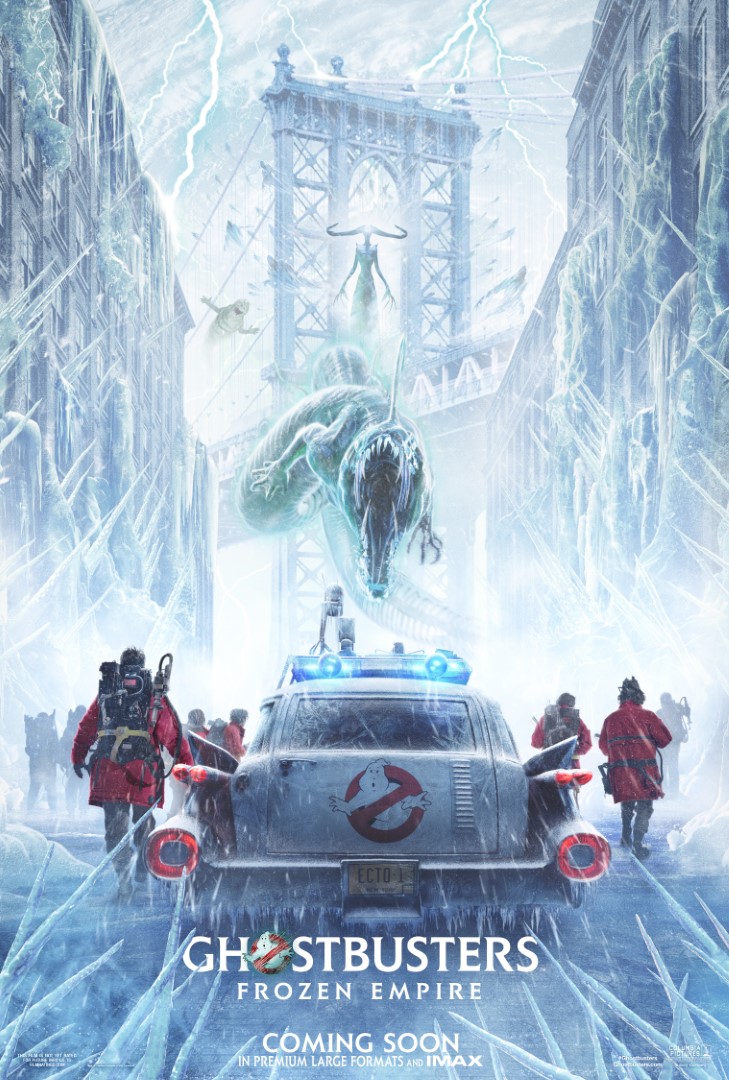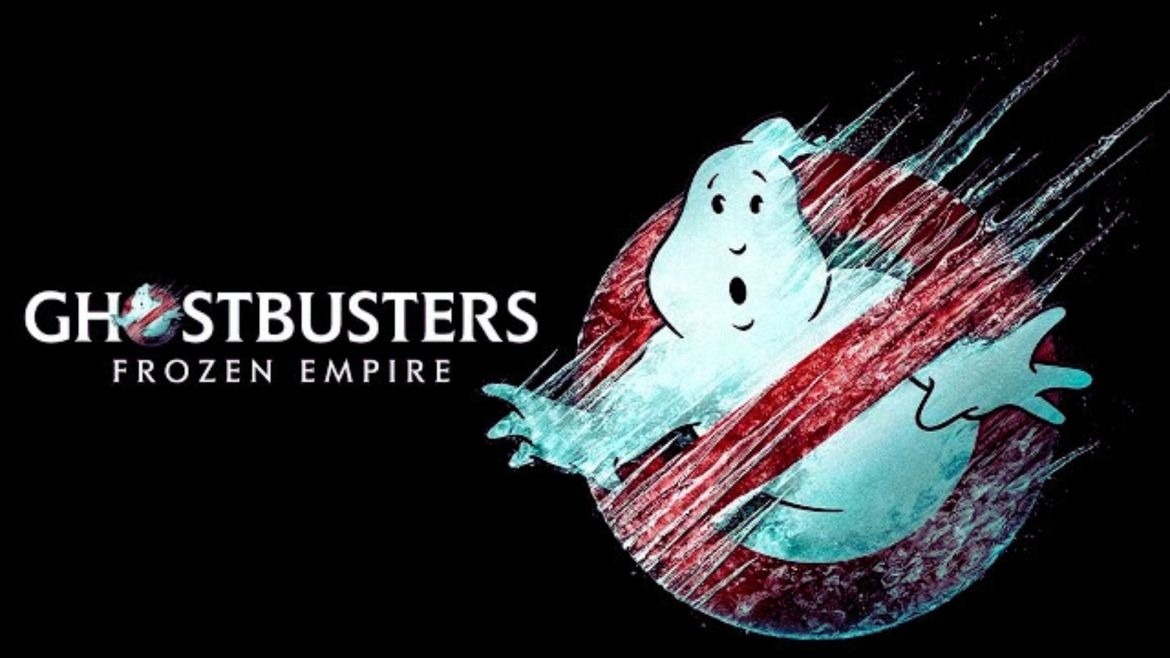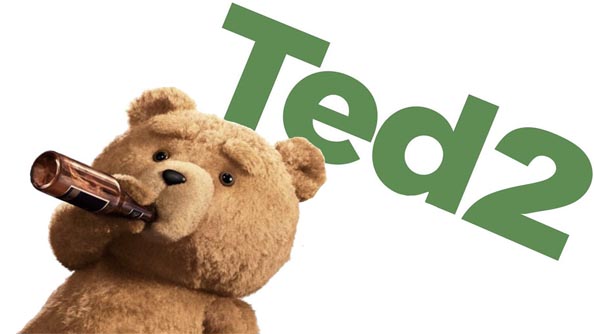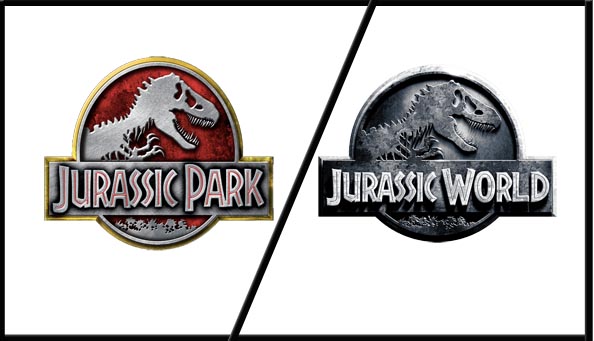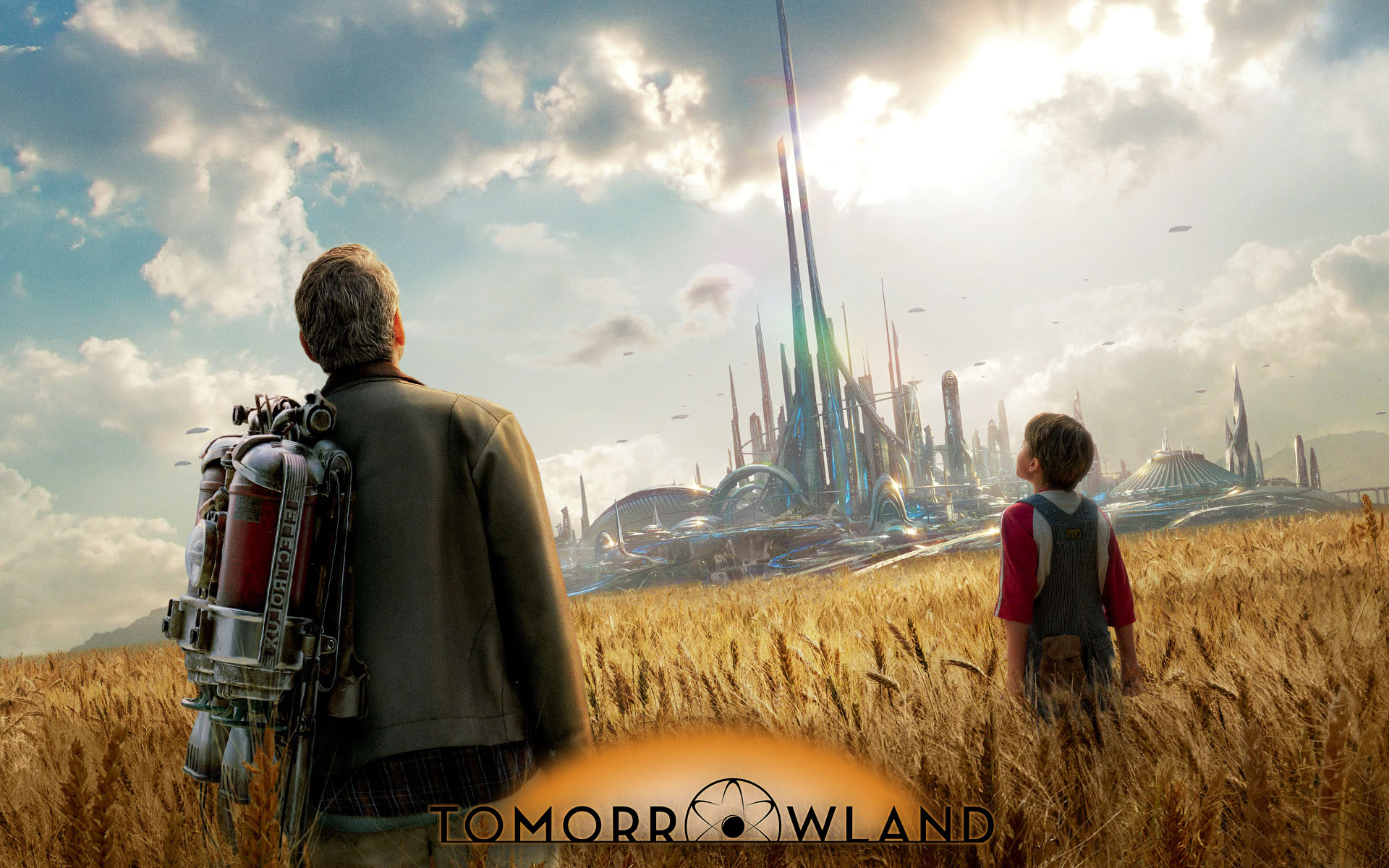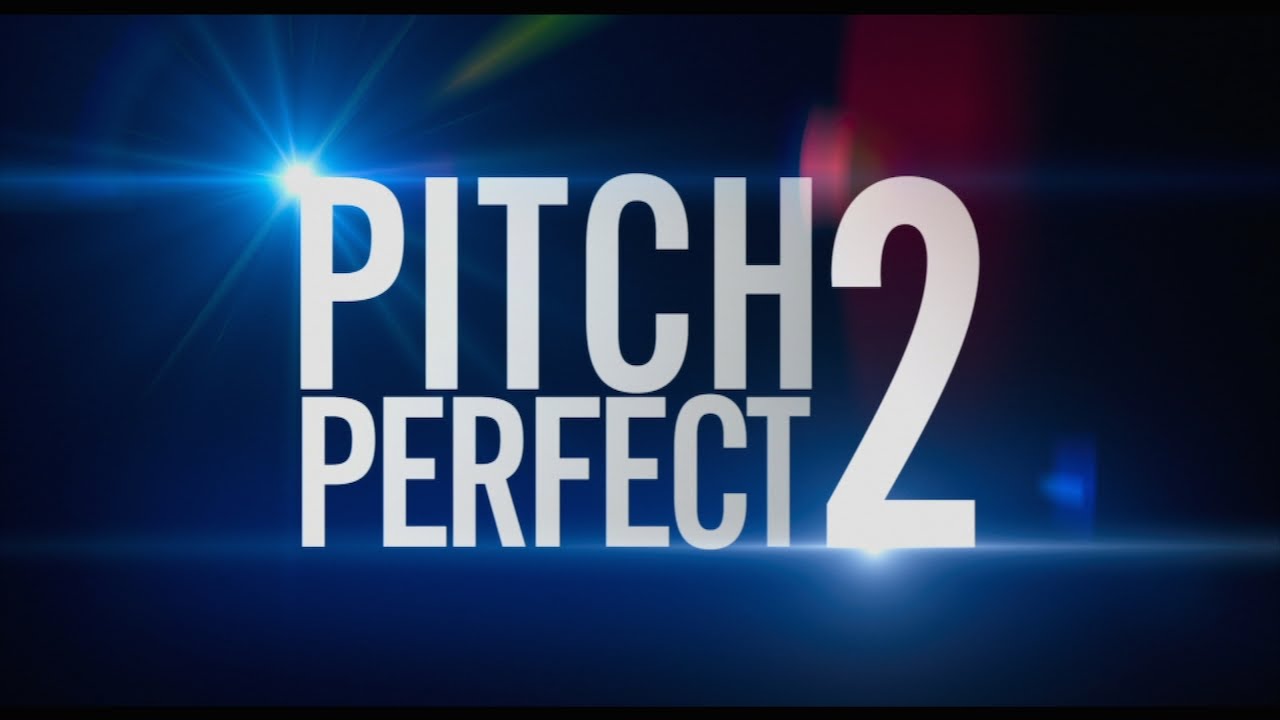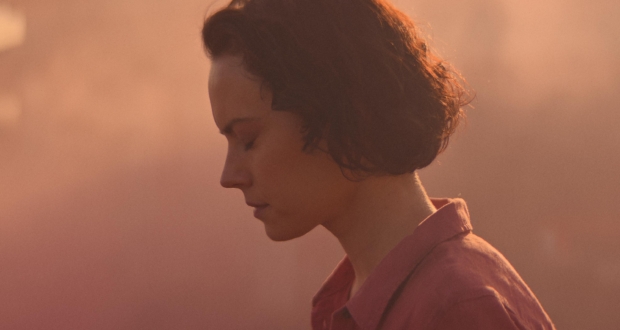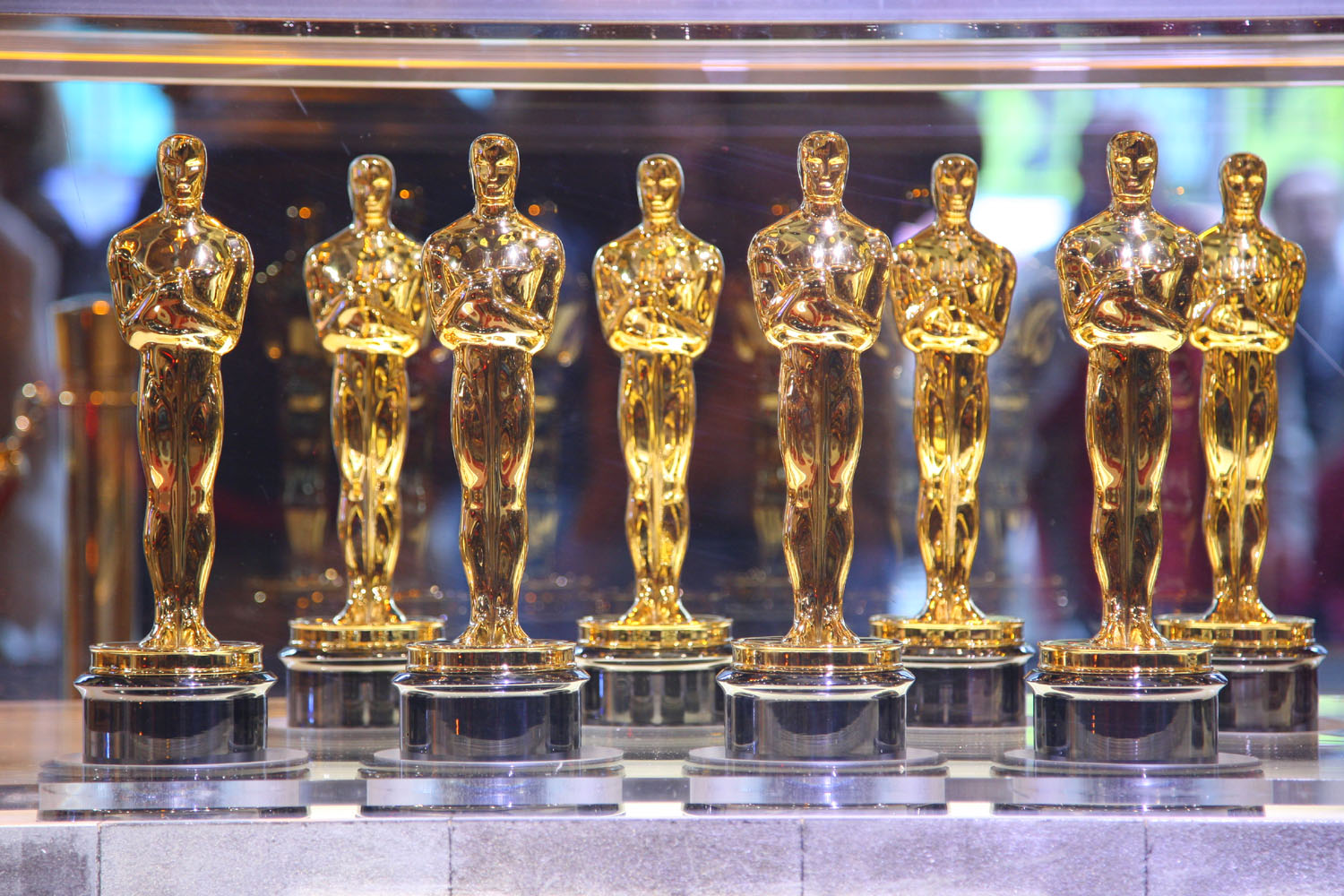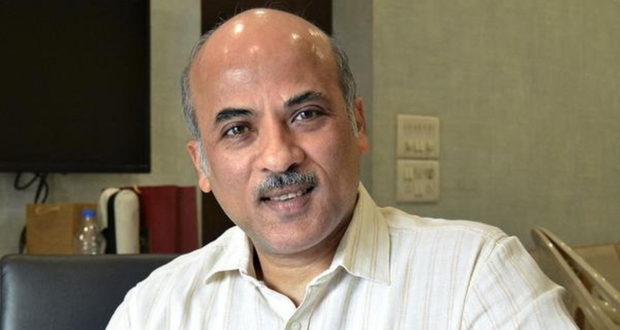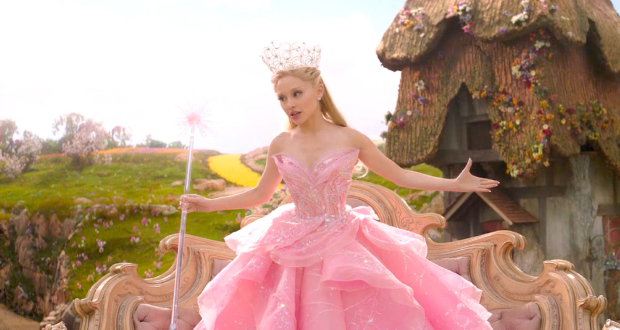
Nicholas Sparks has released his latest novel, The Longest Ride, and it has already started a feeding frenzy amongst the studios. His films may not soar at the box office but they are cheap to make, which makes box office expectations very low providing guaranteed profits. Fiscally it makes sense to push film after film of his into production, but the fiscal/artistic balance in Hollywood is starting to become fiscally heavy.
Hot book on the block today. The Longest Ride, the new novel by Nicholas Sparks, is in play today, and it will most assuredly mean a big seven-figure deal with several studios and producers/financiers lining up for the author’s latest romantic weeper. This comes days after the author of The Notebook, Message In A Bottle and A Walk to Remember and The Lucky One saw his most recent novel adaptation, Safe Haven, nearly beat out A Good Day To Die Hard in their respective opening weekends. I’m told that when UTA starts entertaining presentations by buyers, they will make it clear that the goal is to have the movie ready for Valentine’s Day 2015 release.
Before all the ladies start calling me a chauvinist, I’d like to explain why I dislike these types of films. It’s not that I don’t enjoy a good romance or romantic comedy, it’s just that Nicholas Sparks does not produce anything good in these genres. While some may argue that The Notebook was an enjoyable film, I would say that is not due to Sparks, the credit belongs to the cast and cinematography who saved one of Sparks’ less generic plots. Honestly, look at the posters above…do you see a difference? I bet you see the similarities, they are nothing more than a marketing gimmick. These generic films that are being pushed out are hurting the industry in two ways.
First, they are building a false sense of love that is confusing to the public. Picture this…A man finds a picture on the ground of a young woman. He becomes obsessed with that picture believing it to be a sort of safety totem that protects him from harm. Knowing nothing about her, he deduces where she lives from the landmarks in the background of the picture. He sets out on his own to find this woman, sneaks into her life by applying for a job she posted, and never reveals who he is or anything he knows about her. She surprisingly finds her picture in his belongings which causes a surge of fear to come over her. So what do you do ladies? Do you find this romantic? Hopefully not, hopefully you realize you need to run and call the police because a psychotic stalker has secretly infiltrated your personal life and you should stay far away because he is most likely unstable. That was the exact plot from The Lucky One except instead of calling the police, she somehow reasons that this guy is sane and fallen in love with her over a picture. These misconceptions of romance and relationships are attempting to be portrayed in film as a honest and likely reality, yet they are rarely applicable to the real world and fall more into a distant fantasy.

Same generic movies, exponential profit…
Building off my first point, these generically reluctant romance films are ruining the more truthful ones by taking away screen time from them. Films like When Harry Met Sally that tells the honest truth of a friendship turning into love at the wrong moment, Lost in Translation that tells the story of that short term, getaway love that’s an escape from the norm, 500 Days of Summer that deals with the misconception of love and the idea of love, or even a film like Wall E that demonstrates the foundations of love beyond human comprehension. While this post focuses on the romance genre, the message extends to every genre. There are so many great screenplays that are locked away in some vault because a studio bought rights to them, yet they never see the light of day because there isn’t any room amongst the generic money makers. Hollywood shouldn’t have to serve us surf & turf every time, but I don’t want to get by on Ramen noodles, that diet just isn’t healthy.
While we aren’t going to change Hollywood, we as an audience have to be more ambitious in our movie selection. Many films don’t get the amount of advertisement that films like Safe Haven or The Lucky One get but we need to make ourselves aware of them. Just as we can’t rely on smear ads for our political news, we have to dig deeper to find quality films (maybe visit The Movie Blog more *wink*).
